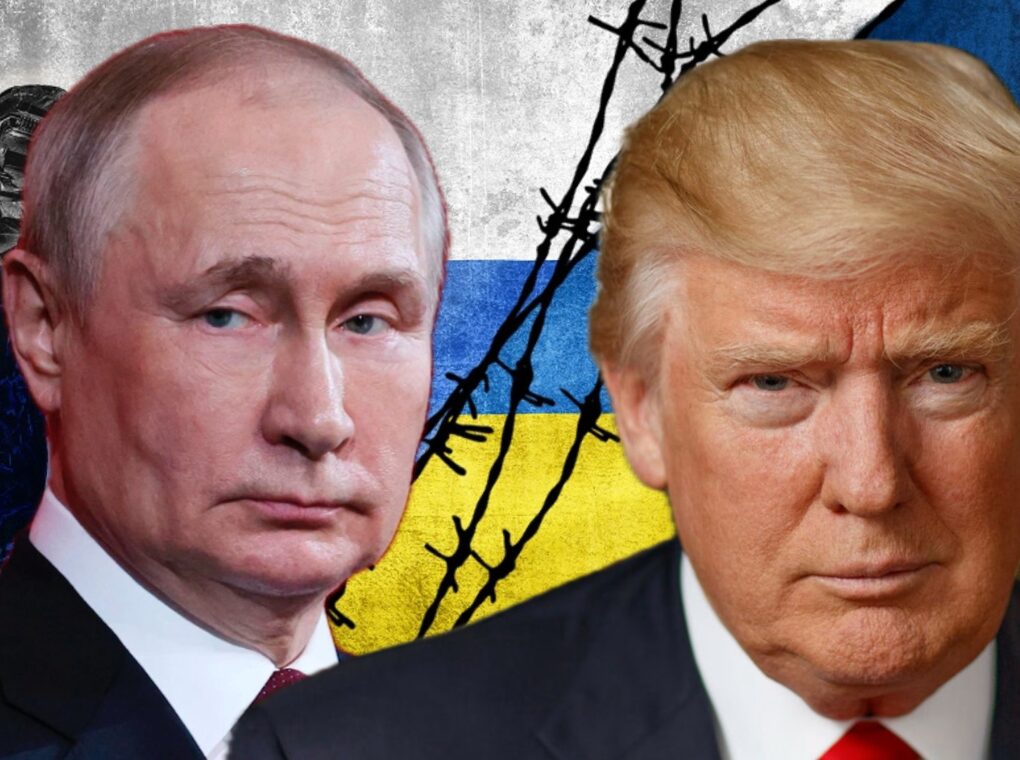Russian authorities have voiced strong concerns about significant and coordinated efforts aimed at disrupting the planned summit between President Vladimir Putin and U.S. President Donald Trump, scheduled to take place in Alaska. Moscow describes these attempts as requiring “titanic efforts,” underscoring the high stakes involved and the opposition the meeting faces from various quarters.
The summit, seen by Russia as a key opportunity to negotiate a broad settlement of the Ukraine conflict and related geopolitical tensions, has drawn criticism and suspicion from Kyiv, European capitals, and parts of the U.S. political spectrum. Russia considers the meeting as a chance to solidify territorial gains in Ukraine and achieve strategic security guarantees, including preventing Ukraine’s integration into NATO and limiting Western military influence near Russian borders.
However, opponents worry that the talks could sideline Ukraine and its European allies, potentially paving the way for concessions that would legitimize Russia’s annexations and undermine European security. This dynamic has fueled efforts to block or destabilize the summit, with Moscow framing such opposition as a concentrated endeavor requiring extraordinary countermeasures.
Moscow’s Warning
Kirill Dmitriev, Russia’s investment envoy, alleged that certain unnamed countries are working to prolong the war, deploying disinformation and provocations to prevent progress toward a ceasefire or peace deal.
Moscow’s warnings reflect a broader context of tense diplomacy, where the Kremlin is actively managing relations with not only the U.S. but also China, India, and other influential global players to shore up support before the meeting. The Kremlin’s messaging emphasizes that any agreement must safeguard Russian interests, while Moscow remains cautious about Western pressures and vigilant in defending the summit’s viability amid political and strategic headwinds.
Ukraine and Europe’s Concerns
The leaders of France, Germany, Italy, Poland, the United Kingdom, Finland, and the European Commission issued a forceful joint statement in support of Ukraine. Their central message: any effort to end the war “cannot be established without the involvement of Ukraine.” They advocated not just for Kyiv’s inclusion in talks but for solutions that “safeguard Ukrainian and European security interests”—clear opposition to any deal made above the heads of those most affected.
President Zelenskyy, for his part, made clear that decisions about Ukraine’s sovereignty must be made with his country’s participation, declaring any settlement without Ukraine “stillborn” and “unworkable.” He warned that “rewarding Russia” for its aggression by conceding territory would only embolden further violence.
The upcoming Alaska summit underscores a dramatic shift: the conflict in Ukraine—now into its fourth year—is at risk of being shaped by decisions between Washington and Moscow, potentially sidelining both Kyiv and its European backers. Trump’s public hints at possible “swapping of territories” and the refusal of the Kremlin to meet Zelenskyy have raised alarm bells. The prospect of territorial concessions to Russia alarms both Kyiv and European capitals, who see echoes of the failed appeasement strategies of the past.
European leaders point to both historical precedent and practical concern: allowing Russia to retain territory seized by force would undermine the postwar order and signal to other authoritarian states that “might makes right.
The “titanic efforts” phrase captures Moscow’s depiction of a complex opposition network involving diplomatic pushback, media narratives, and political maneuvering aimed at delegitimizing or influencing the outcome of the Putin-Trump engagement. For Russia, ensuring the summit proceeds on terms favorable to its national objectives is critical, as the conflict in Ukraine and global geopolitical alignments hinge on the potential outcomes discussed during these high-level talks.
Thus, the warning signals the intersection of deep geopolitical contention and the fragile nature of diplomatic engagement at this pivotal moment, where both Russia and the U.S. confront strong internal and external skepticism about the purpose and prospects of the summit.
